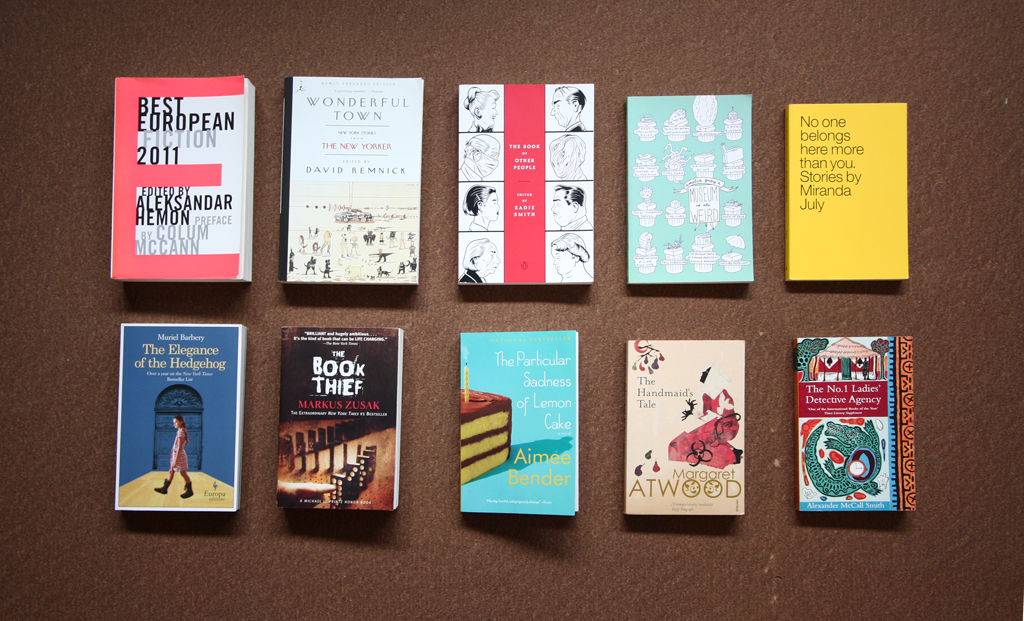

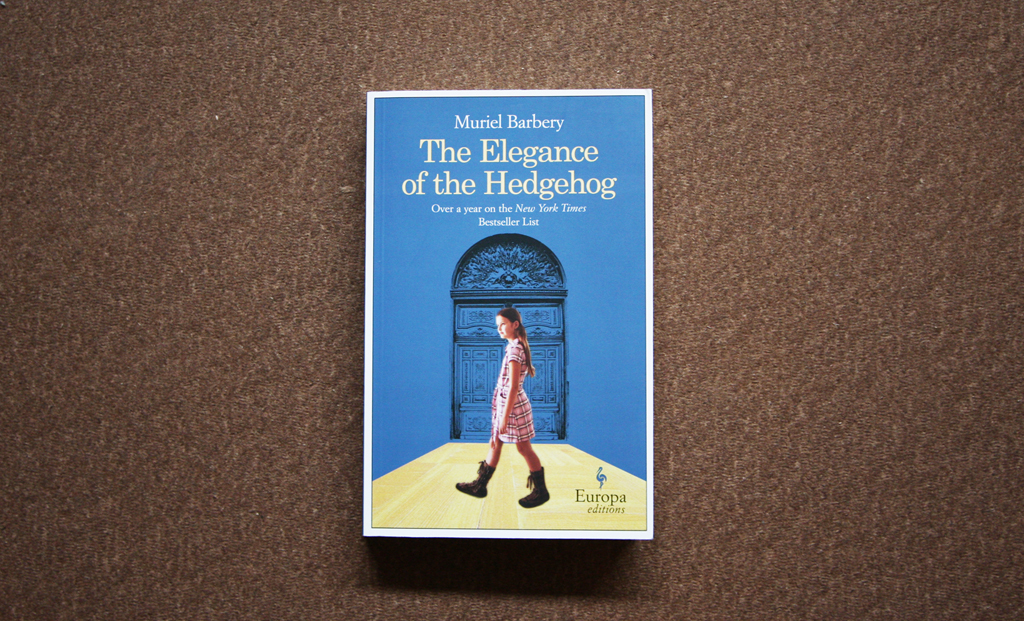

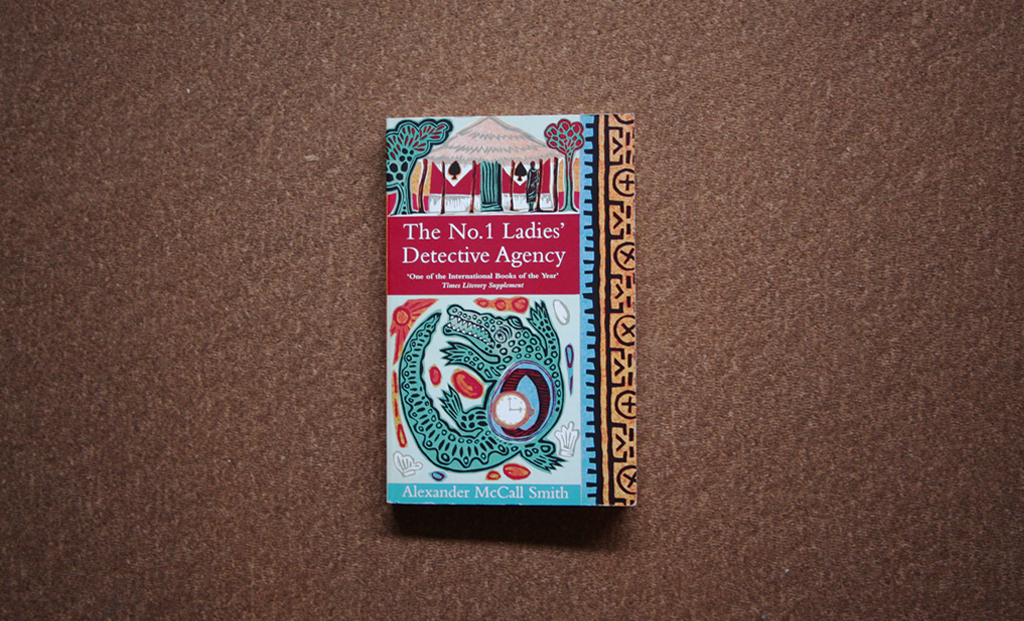

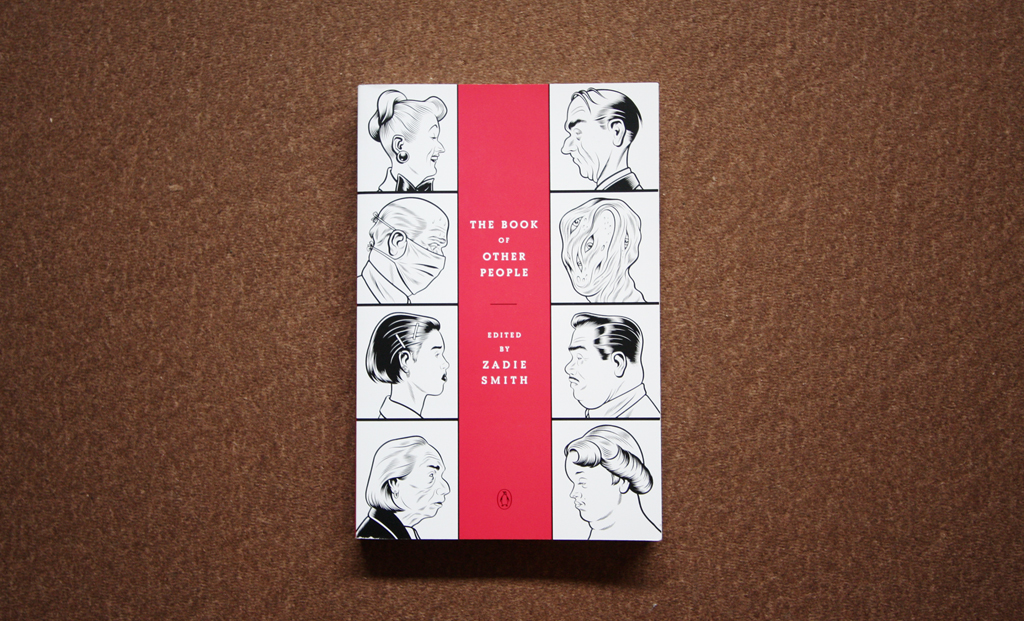
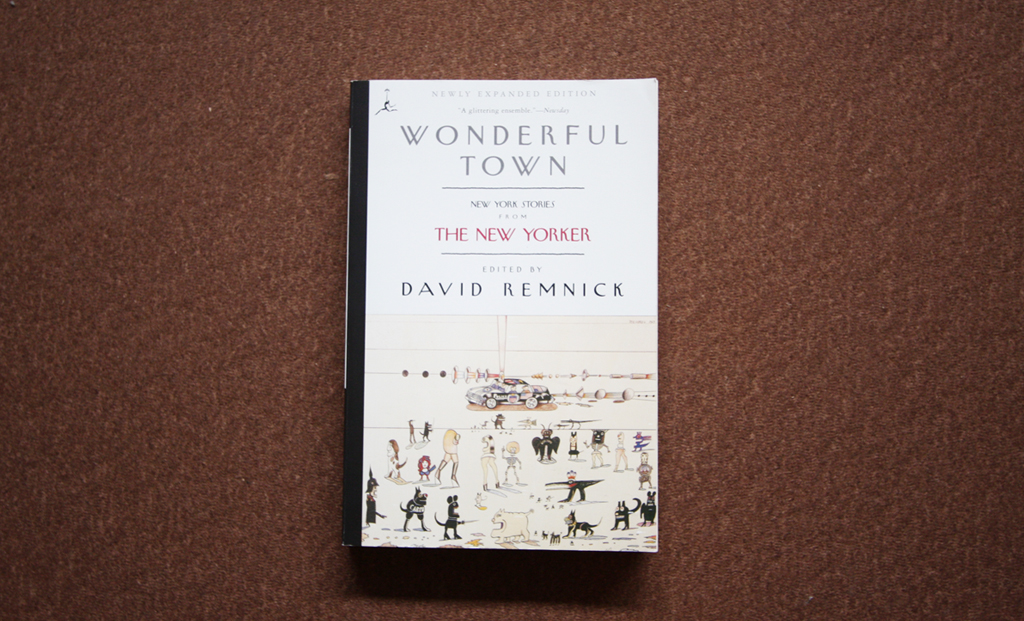
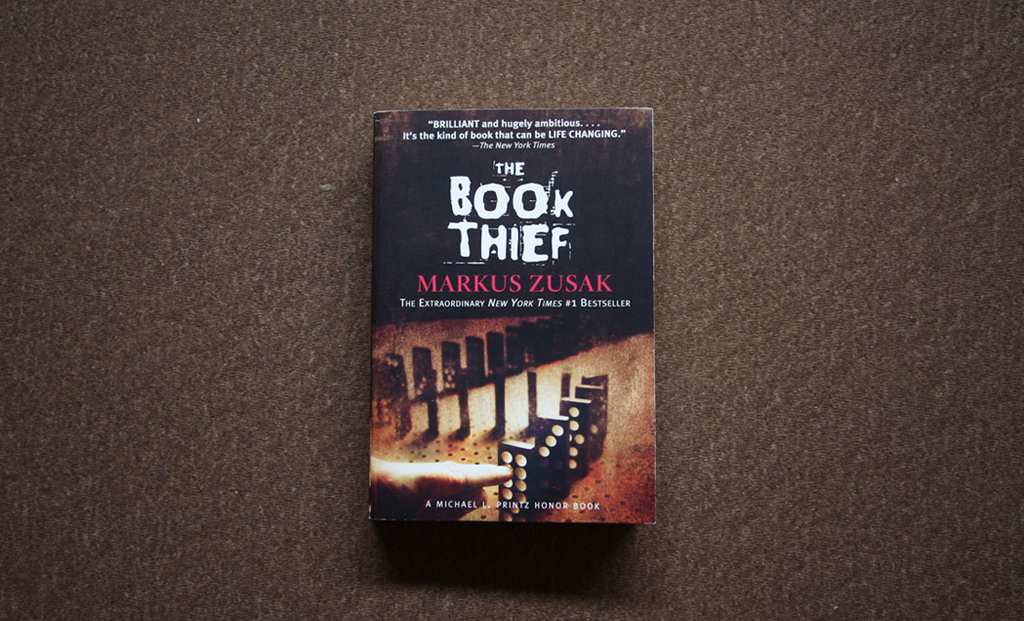
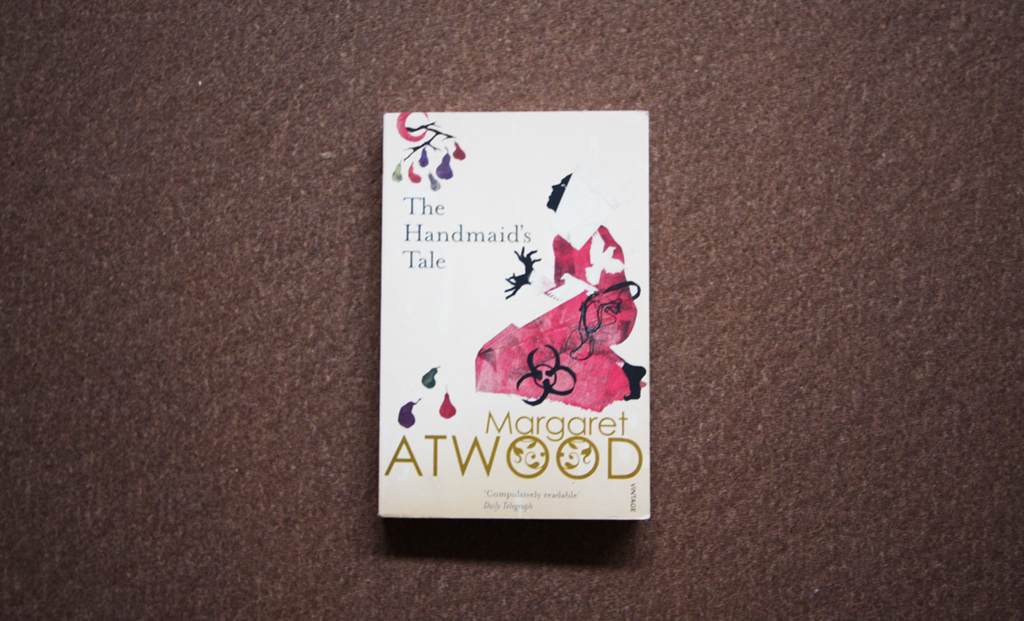
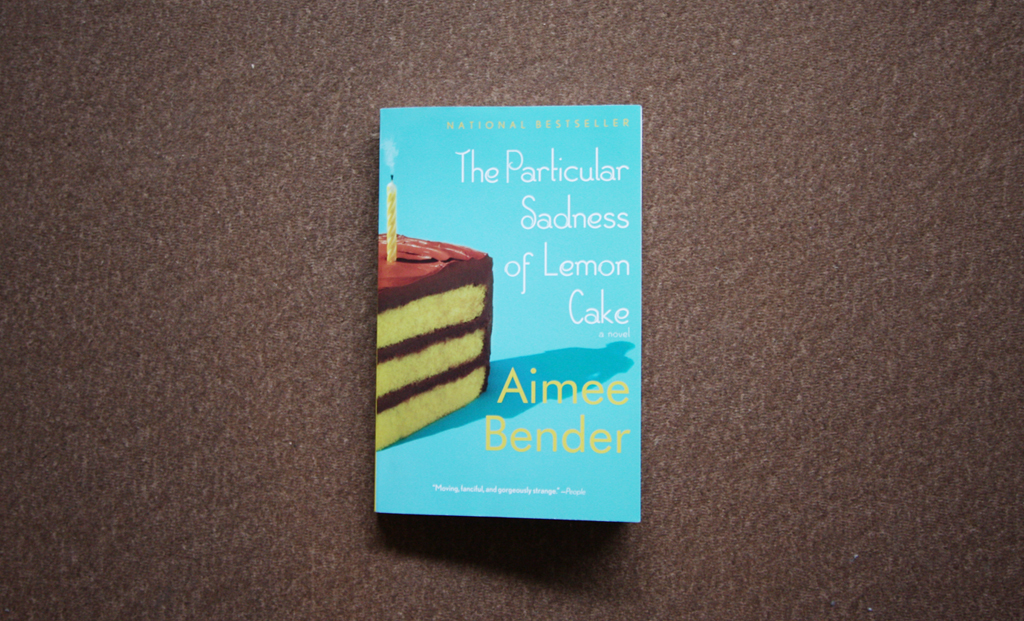
“The Heart Fails Without Warning” in Best European Fiction 2011
By Hilary Mantel
Collection edited by Aleksandar Hemon
Dalkey Archive Press
Short stories are fascinating in that they can tell so much by telling so little. The writer guides us, but in the end, they let us think for ourselves. In short, short stories need our participation. The Heart Fails Without Warning is essentially a list of clues. There are hints everywhere, and we kind of know what’s going on, but not quite. Though Mantel does not explicitly mention it, this story focuses on anorexia, and how much damage it can cause on the sufferer and everyone in his or her immediate surroundings.
“The Whore of Mensa” in Wonderful Town
By Woody Allen
Collection edited by David Remnick
Modern Library
Paying someone to have sex with you isn’t something to brag about, but what about paying someone to talk to you about Proust, Yeats, and Kant? The Whore of Mensa is Kaiser Lupowitz, a detective based in New York, who, through one of his clients’ cases, learns about an underground business that offers the intellectual services of well-educated young women. These “call-girls” cater to lonely men who cannot talk to their own wives about philosophy or literature. The story raises a number of ethical questions about the idea of “paying for services,” but Woody Allen being Woody Allen, humour is still the core of this thought-provoking and entertaining read.
“Judith Castle” in The Book of Other People
By David Mitchell
Collection edited by Zadie Smith
Penguin
Judith Castle is told that her lover is dead, and the story kicks off from there. A story that begins with any mention of death is clearly not a happy one, but it doesn’t mean it can’t be funny. Besides, it’s Judith that becomes the spotlight of the story, not the plot. She is a proud woman, but she also craves the sympathy of others. She is self-important, and thinks that she deserves more than she probably does. But after all the drama she’s created around the unexpected tragedy, and the role that she had insisted to play in it, reality kicks in, and the truth is uncovered.
“The Picture Window” in Museum of The Weird
By Amelia Gray
FC2
This short story is about an unnamed woman who feels happy by simply looking at her garden through the window of her room. She can recall the details of what she saw with precision, but she realizes that she is slowly losing sight of everything that isn’t a part of the garden. This woman, however, is just a symbol, and this is what makes the story interesting. It is actually a story about the strength of one’s own beliefs, and perhaps functions as a brief commentary on the stubbornness, arrogance, and sometimes naivety of human beings. We are more absorbed in our own version of the world than we want to admit.
“How to Tell Stories to Children” in No one belongs here more than you.
By Miranda July
Scribner
Family problems come in all shapes and sizes, and in some cases, close family friends end up having to deal with them, too. Deb is one such a friend, and it is a role she both loves and hates. Tom, her best friend, is stuck in an unhappy marriage. Not wanting his daughter, Lyon, to be affected by the never-ending fights, he asks Deb to take care of her. She grows to love Lyon as if she was her own child, but in the end, she is nothing more than family friend. But due a to a certain chain of events, the situation becomes more complicated, and Deb and Lyon begin to grow apart. July’s casual but poetic prose makes this story of loss all the more heartbreakingly relatable.
The Elegance of The Hedgehog
By Muriel Barbery
Europa Editions
The Elegance of The Hedgehog is about two stunning women from two different generations, and even more different social backgrounds who, through their extraordinary intelligence – but most importantly, elegance – come together and form an unshakeable friendship. The flow of the story is told through the daily observations and philosophical ponderings of Renée, a widowed concierge, and Paloma, a bright twelve-year-old girl. Both of them, however, keep their profound thoughts hidden behind a mask of mediocrity. When a mysterious man, Ozu, come into their lives, their true identities are in danger of being exposed. This story is an interesting criticism towards the absurdity of seemingly impenetrable social classes. Though the story is set in Paris, the issues at hand can be found in just about any city in any country in the world.
The Book Thief
By Markus Zusak
Knopf
When a story is linked to the Holocaust, one of humanity’s darkest periods, it is bound to be very depressing. But The Book Thief offers hope amid a bundle of tragedies. Liesel Miminger, the story’s main character, is a girl who develops a tendency to steal books. Though she did not yet know how to read when she stole her first book, she quickly learns how to feed her hunger for words with the help of her foster father. And it is her reading skills and stoicism that soothes her neighbours when they are all huddled in a bomb shelter and have no other source of comfort but Liesel’s steady voice.
The Particular Sadness of Lemon Cake
By Aimee Bender
Anchor Books
One afternoon, Rose Edlestein discovers that she has a strange gift; she can taste feelings. “Food tasting” is often seen as an exclusive activity limited to those who have refined tastes, and are able to identify various ingredients with just a few chews. But Rose is no high-class food critic, nor does she intend to be one; she just happens to have the ability to taste what other people feel through the food that they make. In fact, this gift is also a curse to her because she literary consumes the good and bad feelings of others. The Particular Sadness of Lemon Cake is more than an imaginative story; it is also a story that tells both cooks and eaters to appreciate food.
The Handmaid’s Tale
By Margaret Atwood
Vintage
Fans of dystopian literature will definitely enjoy The Handmaid’s Tale. The Republic of Gilead is a nightmare for women. The story’s heroine, Offred, and many young women who are still capable of bearing a child have no other responsibilities but to produce offspring for the republic’s elite. Those who are unable to adhere to rules of Gilead will either be publicly hanged, or banished to a colony where they will die of radiation. Not many happy things happen throughout the story, but Atwood’s writing style and choice of words will make it hard for you put down this book.
The No. 1 Ladies’ Detective Agency
By Alexander McCall Smith
Abacus
Following the death of her father, Mma Precious Ramotswe establishes “The No. 1 Ladies’ Detective Agency” – the first of its kind in Botswana. By solving a series of cases by using unconventional methods, Mma Ramotswe helps the people in her community while simultaneously challenging the local norms. After all, it’s not every day you find a woman who suddenly opens up her own detective agency. This book is the first volume of what has grown into a thirteen-part series. For those of you who want to read about a detective story that is set in a culture quite different from the typical urban environment, this collection of Mma Ramotswe’s adventures is a good place to start.











